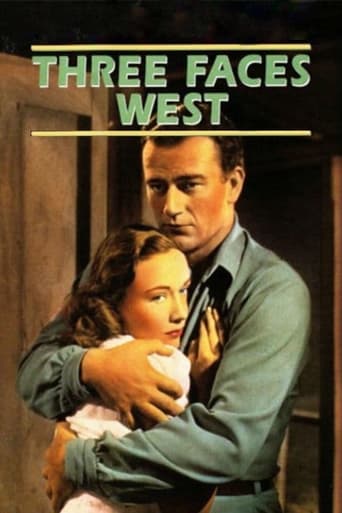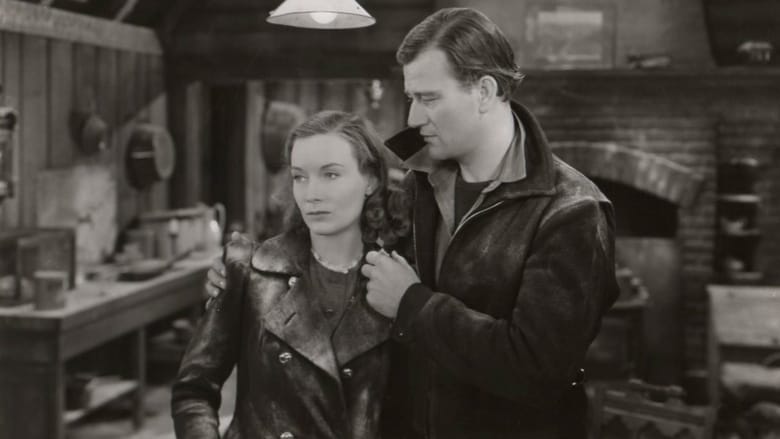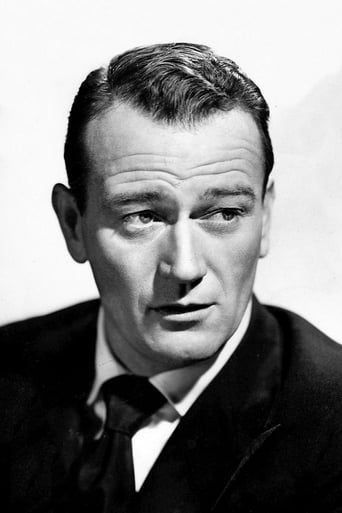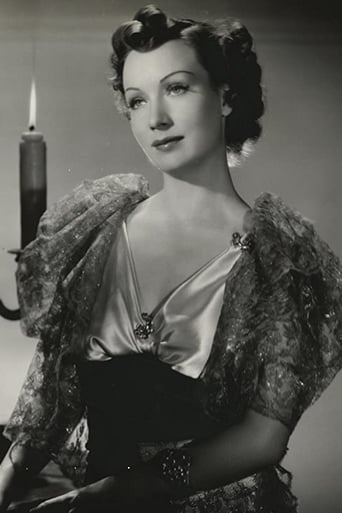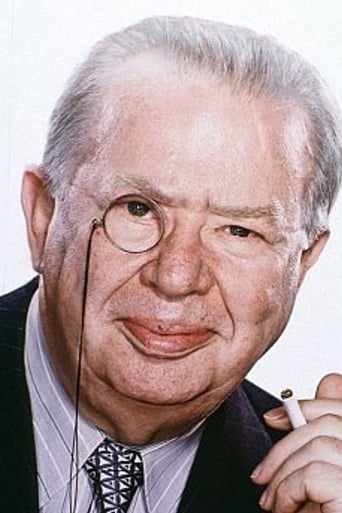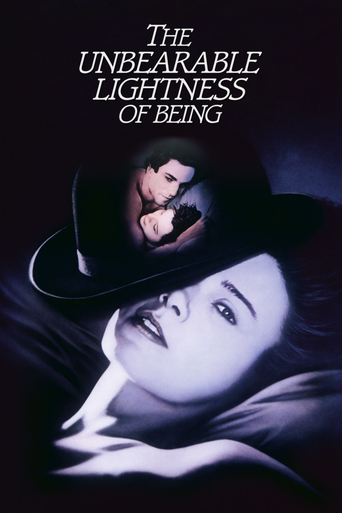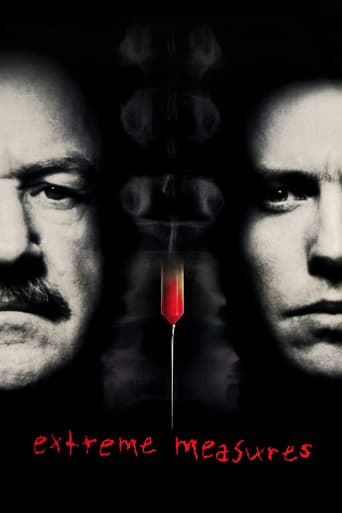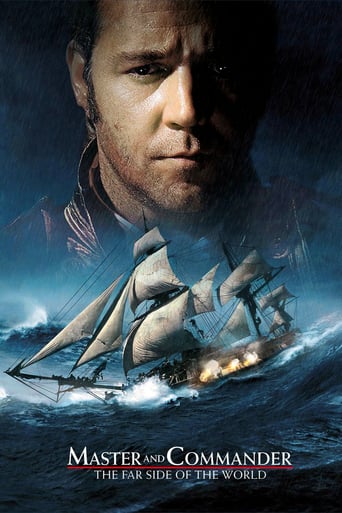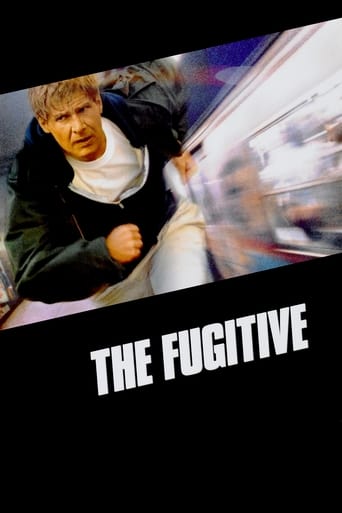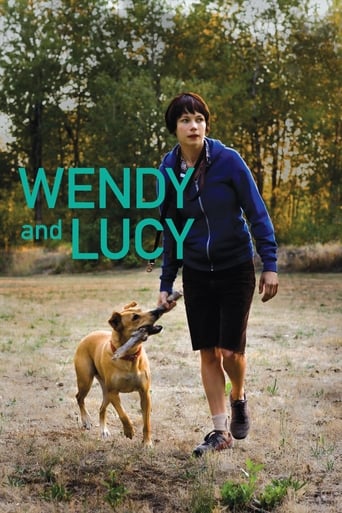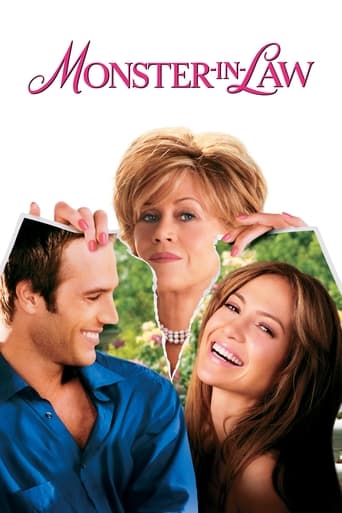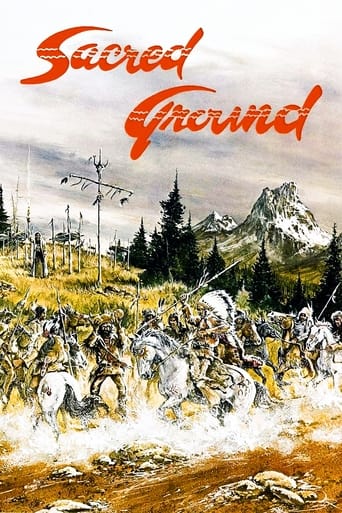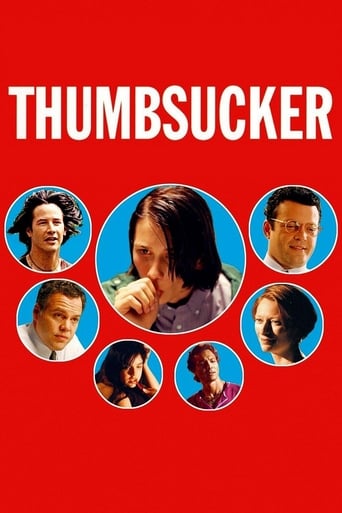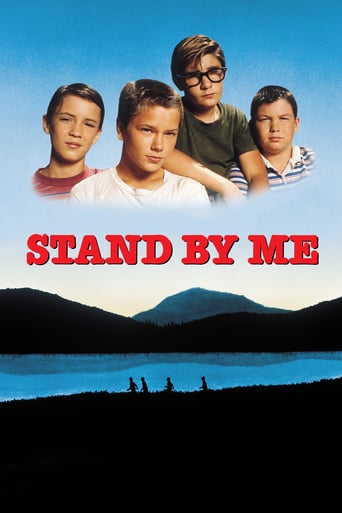Three Faces West (1940)
Viennese surgeon Dr. Braun and his daughter Leni come to a small town in North Dakota as refugees from Hitler. When the winds of the Dust Bowl threaten the town, John Phillips leads the townsfolk in moving to greener pastures in Oregon. He falls for Leni, but she is betrothed to the man who helped her and her father escape from the Third Reich. She must decide between the two men.
Watch Trailer
Free Trial Channels
Cast


Similar titles
Reviews
A lot of fun.
The tone of this movie is interesting -- the stakes are both dramatic and high, but it's balanced with a lot of fun, tongue and cheek dialogue.
After playing with our expectations, this turns out to be a very different sort of film.
A clunky actioner with a handful of cool moments.
THREE FACES WEST is a John Wayne western with a difference: there are no explicit villains here, no bandits or ruthless criminals waiting to be gunned down by our hero. The enemy of the film is the environment itself, or rather the dust bowl that causes hero Wayne and his townsfolk allies to flee from their homes to re-settle in Oregon. There's some political subtext too about the plight of German refugees fleeing the Nazi regime to settle in America. It's not one of the Duke's most exciting pictures, but at least the novelty of the plot keeps it watchable.
This film fits into an odd gap - in John Wayne's career, into the tenor of the times, into the evolution of cinema. But it's highly entertaining, at times visually spectacular, and really a lot better than it has any right to be.The depiction of the Dust Bowl is remarkably strong. There's grit and dust in every shot. Many of the scenes are painted in strong, noir-ish tones. Against this backdrop, we have a solid little story about an Austrian doctor and his daughter finding a new new home. It could have been mere Hollywood fluff, but it all rings quite true. The touch of propaganda you might expect in a wartime production is restrained and palatable, with a positive focus on emotions rather than a negative one on ideologies.All this is abetted by strong performances from the three leads. John Wayne is only about a year along from his breakthrough role in Stagecoach, and proves himself capable of surprising depths. He's as likable here as he's ever been, but also more human. And much more of an acting talent than we might usually give him credit for. This is one of those overlooked Wayne entries, like Island in the Sky, or Hondo, where you can really see how he earned his star billing. Sigrid Gurie is a perfect match. She runs a gamut of emotions, yet remains always appealing.It's true that the second part of the story does cover some of the same historical ground as The Grapes of Wrath. But the two films don't really overlap. We have here a happier outcome, and much more of a small-scale adventure-drama than an allegorical social commentary. Obviously, this film isn't on the same level artistically as John Ford's masterpiece. But it's also far better than the mere B-movie it might have been.If you're a fan of John Wayne, or have any affection for the workmanlike dramas of Hollywood's golden era, this film is going to be a very welcome discovery.
This film mirrors what is happening in the United States at this time of August 2009. It is almost as if the filmmaker had seen this present-day situation and created a film prophesying the events.Doctor Charles Coburn and daughter Sigrid Gurie are refugess from Nazi Germany and are asked by farmer John Wayne to come to a North Dakota dustbowl town as the community doctor.Initially daughter Leni (Gurie) despises the dust and even their host John Phillips (Wayne) - But father Dr Braun (Coburn) sees that the community needs help, and as they stay, their attitudes change and they begin to love the community which has adopted them.But they are forced to move as the dustbowl conditions get worse, and are promised land in Oregon by the Government. The only trouble, getting a community of over 200 men women and children safe to Oregon.In the meantime, Leni had fallen in love with Wayne, but when she finds out that her former fiancé who was thought dead is in San Fransisco, out of loyalty she decides she must go see him, so Dr Braun and Leni go off to San Fransisco to see him: But when they get there they find out that the Nazi party had sent him there as a spy, so they return to the caravan going to Oregon.During the trip, one loudmouthed Limbaugh type - A man whose son Dr Braun had saved an appendix burting- starts barking loudly about California instead, and influences a number of the men to go to California with him- Reneging on their agreement to go to Oregon -and his rabble rousing even gets Wayne to give up and drive off.Finally it is a confrontation between Wayne and this man, and it is all about accomplishing what they had set off to originally do.The whole film speaks of honor and trust in a leader, and as it turns out Wayne is that reluctant leader, and when the people finally get to Oregon they see that he was right all the time.It is very rare to find a John Wayne film like this, but in the end, John Wayne stood for the principles that this film expounds on.
Mild spoilers below.The prospect of war was clearly on the horizon when TFW was filmed. From the opening scene of European refugees to the final prediction that Naziism will be the death of millions of Germans, this movie is as much a propaganda film as the films made after Pearl Harbor. There isn't a lot of entertainment value here though the footage of the dust bowl is interesting to those of us who aren't old enough to remember it. The rest of the plot is pretty forgettable with the Herr Docktor Coburn - with a pretty bad accent - and daughter assimilating into America with Wayne's help. Other than the dust bowl scenes, the only memorable aspect of the movie is one best viewed with hindsight. Coburn's speech comparing Naziism to a malignancy worse than cancer and describing the (then current) successes as a momentary outburst of energy from a patient right before death were eerily accurate and Varno's Dr. Scherer played accurately to post war newsreel footage of unrepentant Nazis justifying their actions.When viewed from a historical perspective, some aspects of TFW are interesting. If you look at it for entertainment outside of the WWII perspective, you'd have to say this is one of Wayne's less successful efforts.

